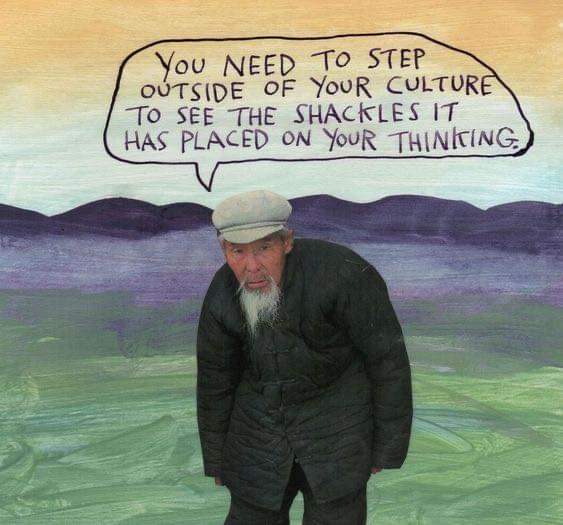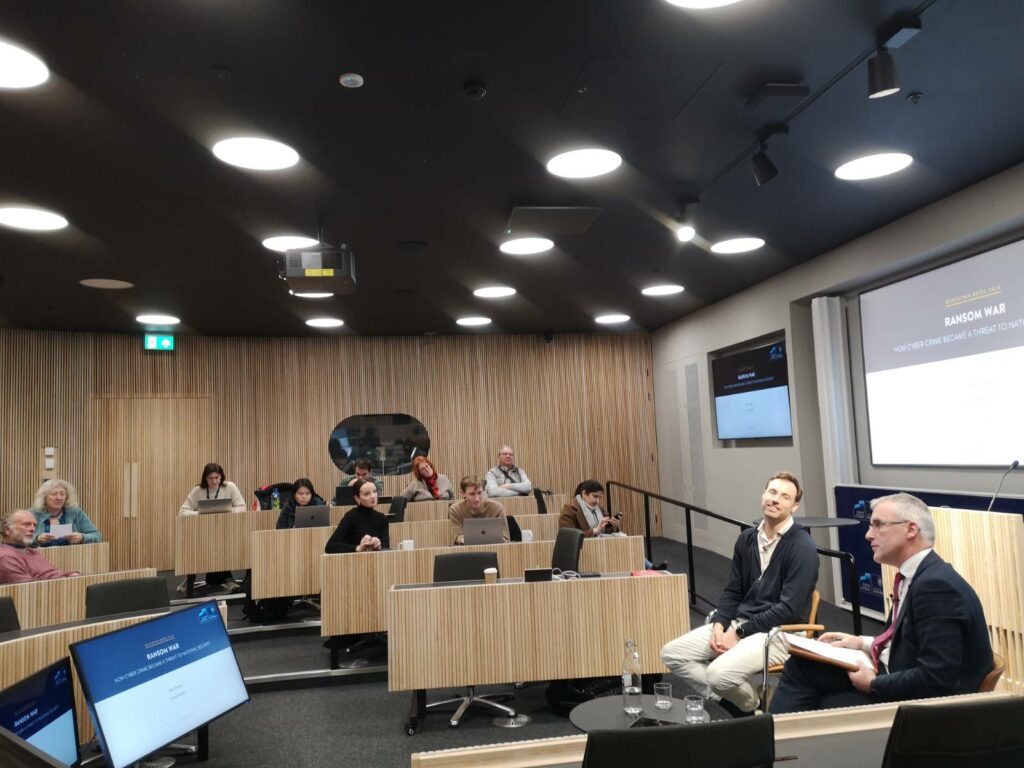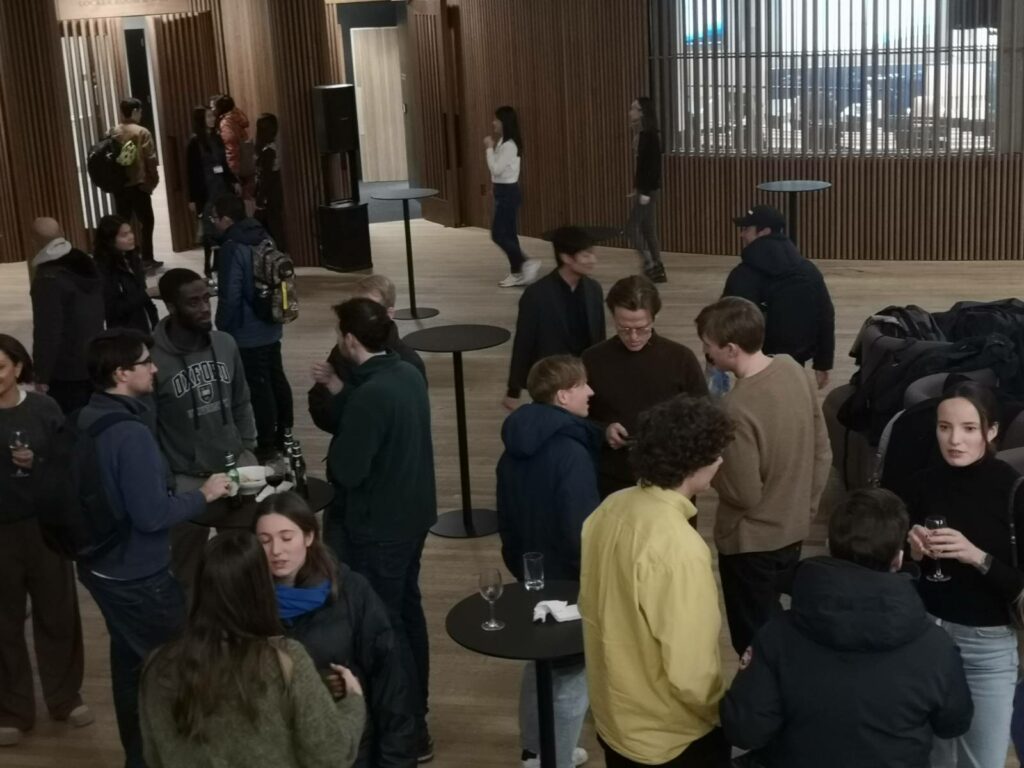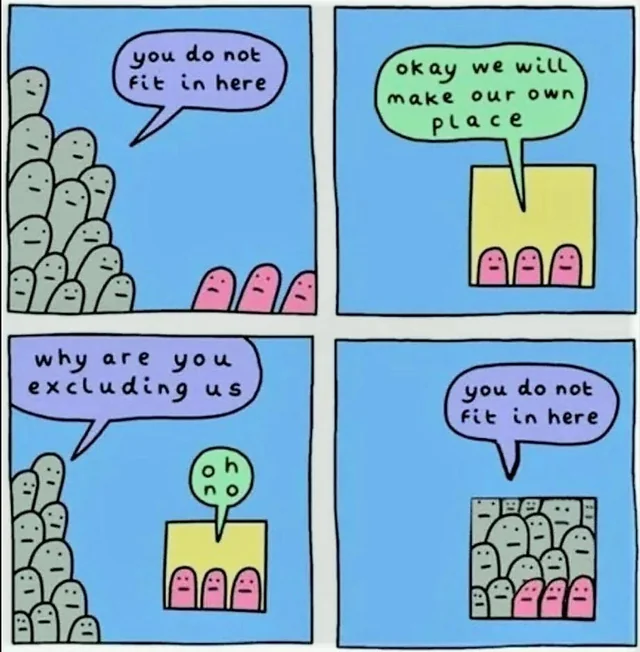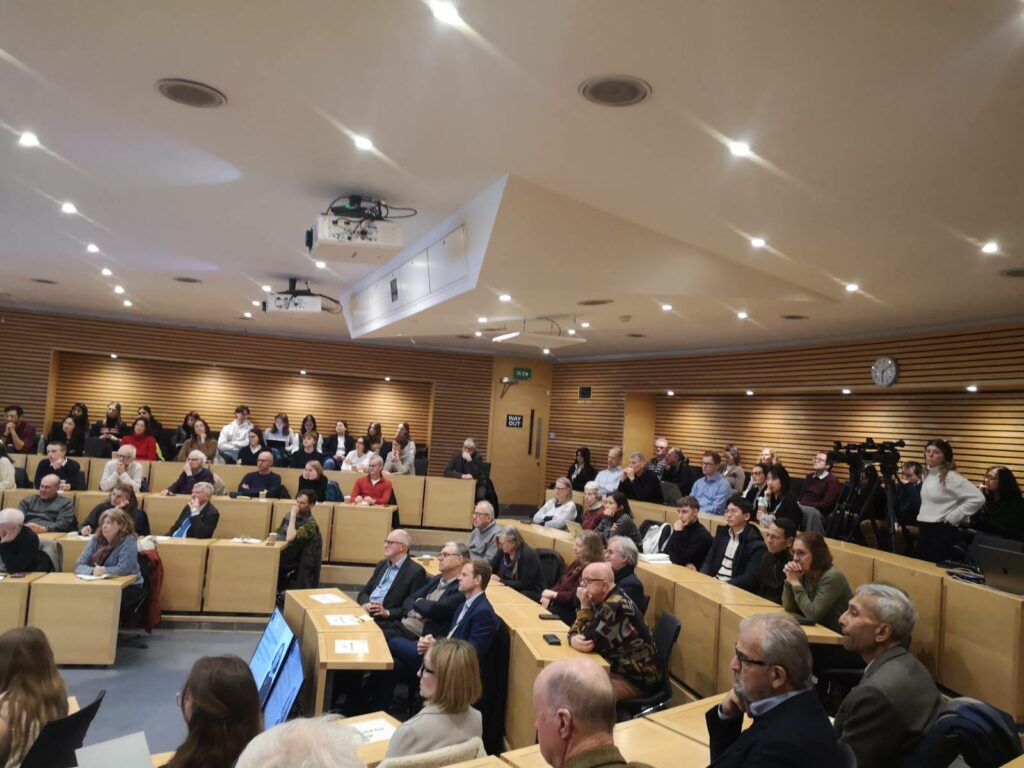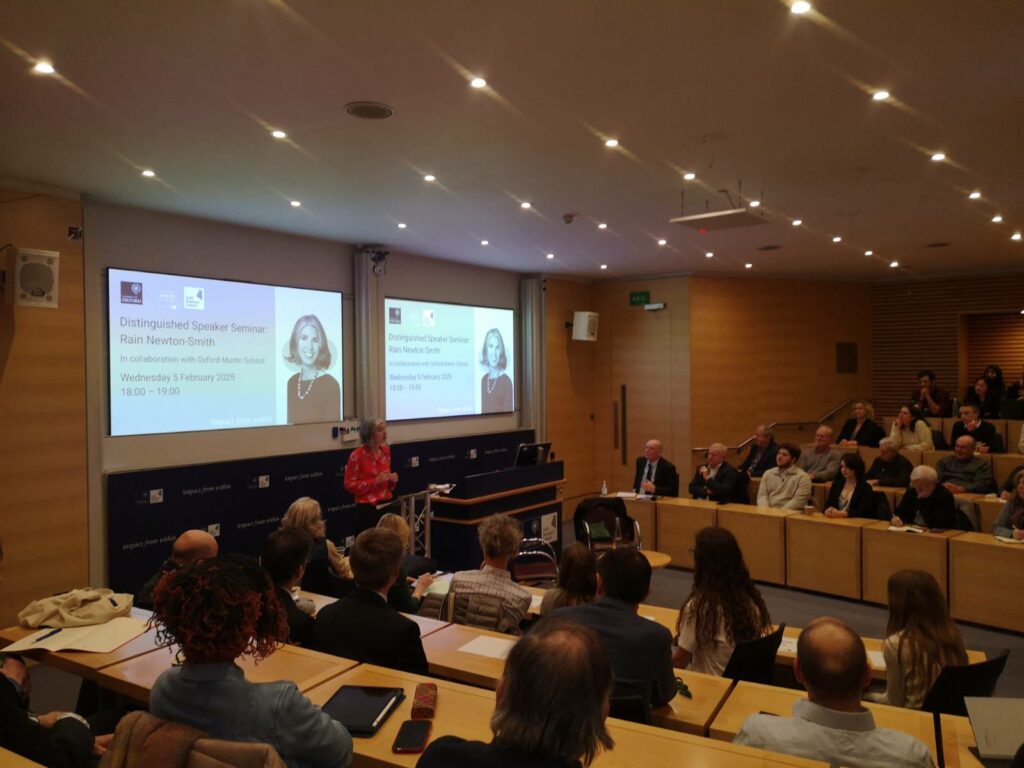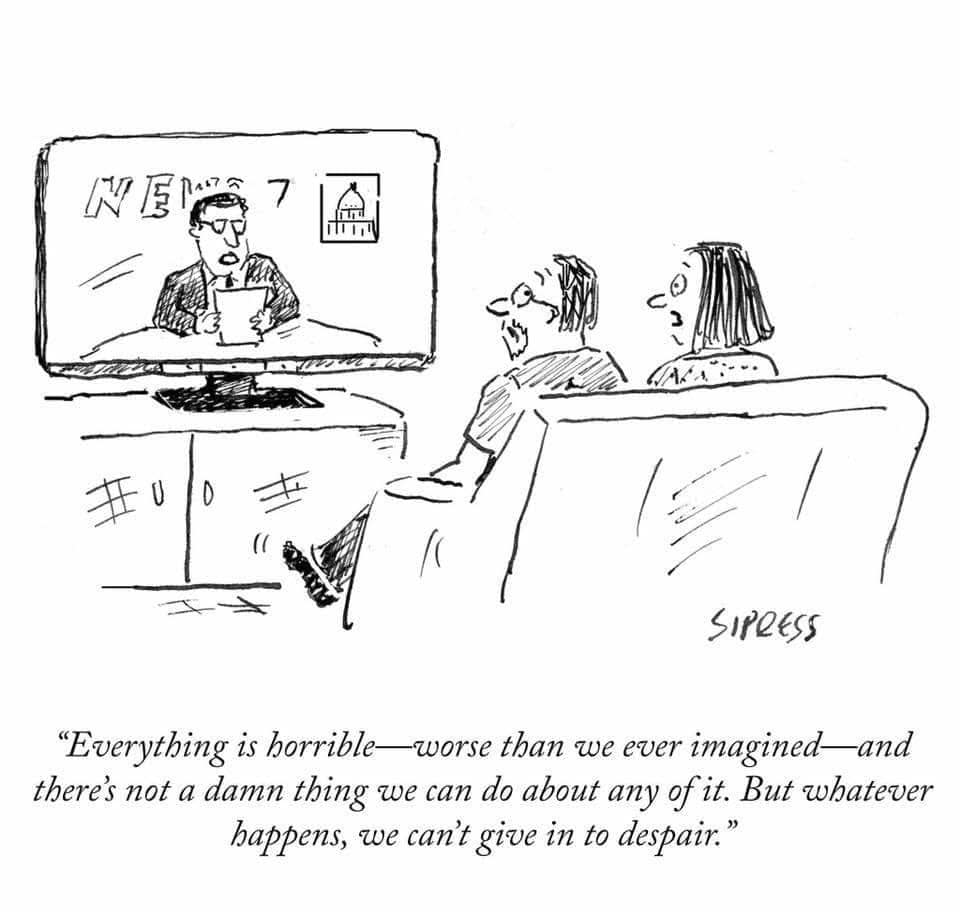In the early days, the internet was a wild, open landscape, a place of creativity, collaboration, and decentralization. But over time, the rise of corporate platforms (the #dotcons) turned it into something far more controlled, walled-off, and extractive.
What if we could reclaim that original vision? What if we could build an open, federated, and people-powered web, free from the stranglehold of Big Tech? That’s the mission behind projects like the Open Media Network (#OMN), a radical push to create a truly #openweb, built on trust, transparency, and grassroots collaboration.
What’s the Problem? The modern web is dominated by a handful of corporate giants that:
- Own our data – You don’t control what you create, they do.
- Manipulate what you see – Algorithms push engagement over truth.
- Extract value – Your attention, creativity, and connections become profit streams.
The result? A digital world that feels more like a walled garden than a thriving ecosystem.
The Alternative: The Open Media Network (#OMN) A different way of thinking about the internet, based on open protocols, federated media, and trust-based networks rather than corporate silos.
How does it work? Decentralized publishing – No single company controls what you post. Interconnected platforms – Information flows freely between projects, not locked inside proprietary walls. Built for grassroots communities – Not for advertisers, but for real people creating real change.
It’s inspired by the early #Indymedia movement, the rise of the Fediverse, and the belief that we don’t have to accept the internet as it is, we can build something better.
Why “Stupid” Wins Over “Perfect” A big lesson from past internet experiments is that perfection is the enemy of progress. The web itself succeeded not because it was the best design, but because it was simple and open enough for people to build on.
- Nobody agrees on “perfect”—so it never gets built.
- “Stupid” solutions work—because they let people create their own versions.
- Diversity leads to growth—and growth challenges the corporate web.
This is the philosophy behind the OMN and other #4opens projects, build something simple, open, and adaptable, and let communities shape it for their needs.
How you can help rewild the web. If you’re tired of Big Tech gatekeeping your online life, there are ways to push back by ditching corporate platforms to explore the #Fediverse and self-hosted alternatives. Support open projects by contribute to decentralized media, grassroots organizing, and federated tech. Spread the word to help others see that another internet is possible.
The internet can be beautiful again, but only if we reclaim it. What do you think? Is an open internet still possible? What are your favourite-decentralized projects? Let’s discuss. #RewildTheWeb #InternetIsBeautiful #OMN

